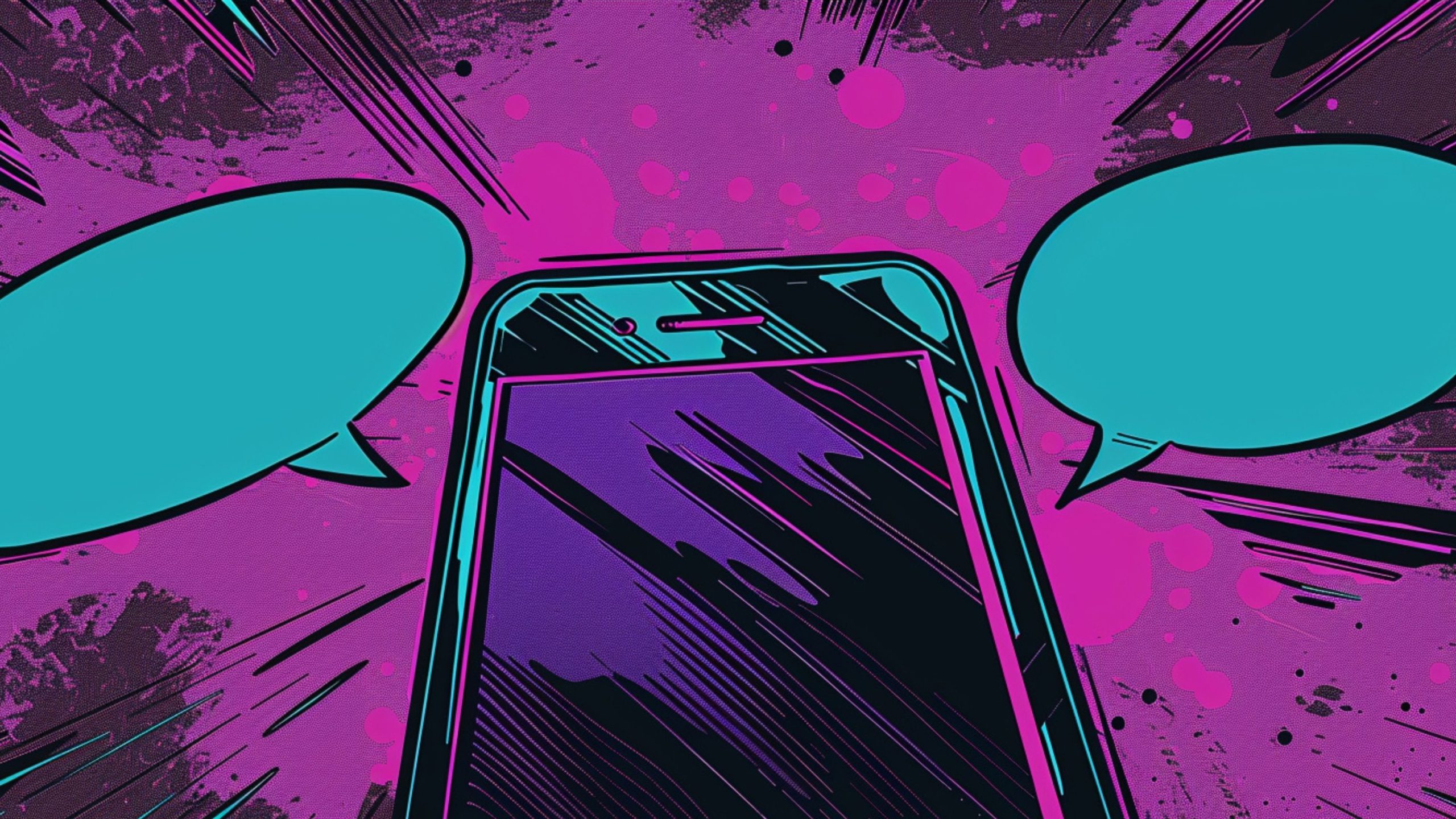The NSO Group is seeking to overturn or sharply reduce the $167 million in punitive damages it was ordered to pay WhatsApp over a 2019 spyware attack that targeted more than 1,400 users. In a motion filed in federal US court, the Israeli company argues that the jury’s decision was not only legally flawed but deliberately aimed at destroying the firm.
We obtained a copy of the motion for you here.
The NSO Group develops surveillance technology, most notably Pegasus, a spyware tool designed to covertly access data from smartphones, including messages, calls, location, and encrypted communications. The company claims it licenses this software exclusively to government agencies for use in criminal and national security investigations.
More: Pegasus Explained: When Phones Become a Government Informant Weapon That Doesn’t Miss
Describing the outcome as “outrageous,” NSO’s legal team told the court that the $167 million figure “exceeds the maximum lawful punitive damages award in this case by many orders of magnitude.” They emphasized that the amount represents a staggering “376-to-1 ratio” compared to the compensatory damages awarded, just $444,719, and insisted the verdict “plainly cannot survive constitutional scrutiny.”
The company’s motion hinges on established precedent in punitive damages law, pointing out that “the Ninth Circuit has ‘limited punitive damages to a 4 to 1 ratio where there are significant economic damages but the behavior is not particularly egregious,’ as is true here.”
NSO also noted that “this case falls squarely within the category of cases in which the Supreme Court and this Court have held that a 4-to-1 ratio represents the outer constitutional limit.”
But beyond what it sees as a misapplication of legal standards, NSO argues that the jury may have acted with intent to financially cripple the company. “The most plausible explanation for the oddly specific amount of the punitive damages award is that the jury chose that amount in an attempt to bankrupt NSO,” the filing states. “The jury’s award comes close to wiping out all of NSO’s current ‘assets.’”
The company further contends that the size of the award stemmed not from the specific conduct found unlawful, namely, the use of WhatsApp servers, but from jurors’ broader dislike of NSO’s spyware business. According to the motion, “the award also plainly reflects an improper desire to punish NSO for alleged conduct toward third parties not before the Court.”
NSO is now asking the judge to either reduce the damages or grant a new trial. The firm maintains that anything beyond a 4-to-1 ratio of punitive to compensatory damages would be excessive and unsupported by the facts of the case.
The filing comes as WhatsApp continues its push for a permanent injunction to block NSO from ever targeting its users again. The legal dispute is being closely watched, not only for its financial implications but for how US courts handle litigation against private surveillance firms operating globally.










